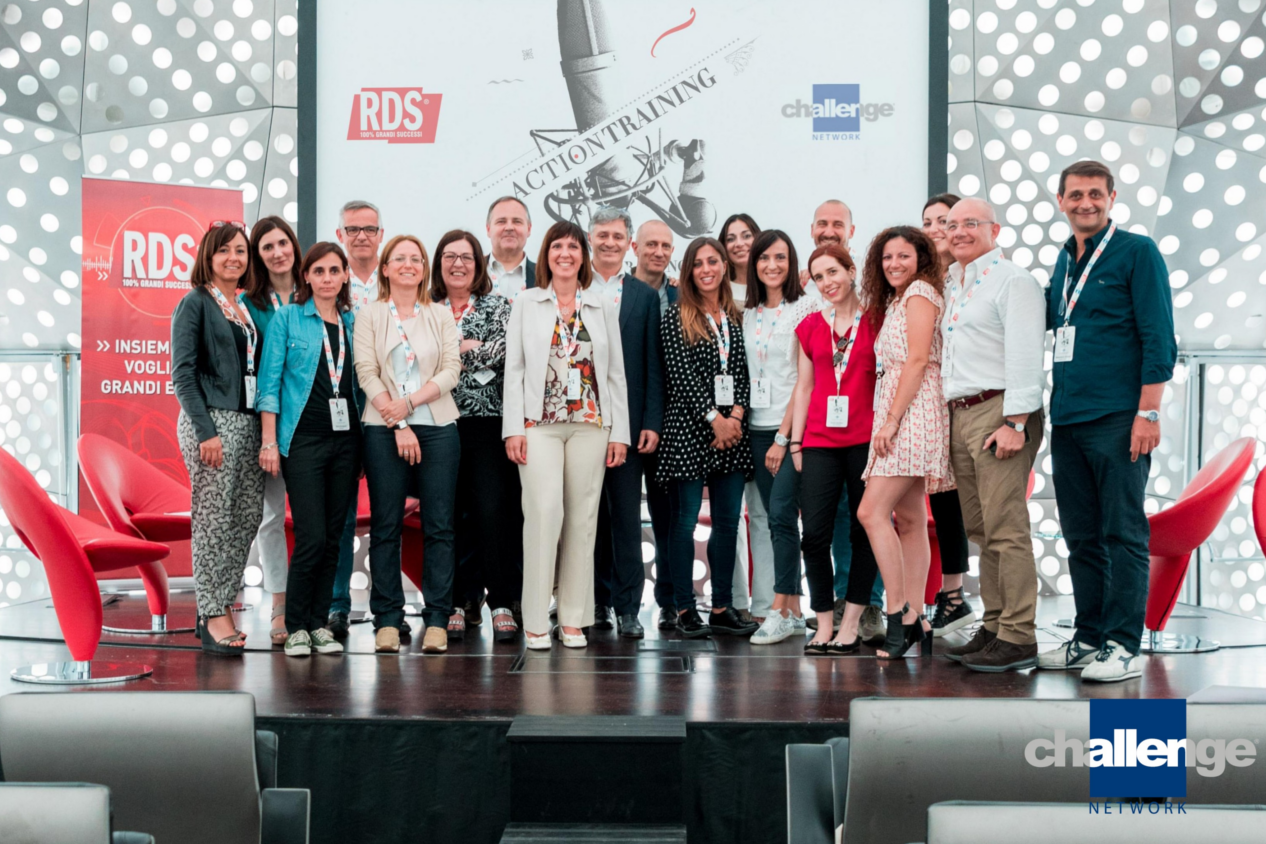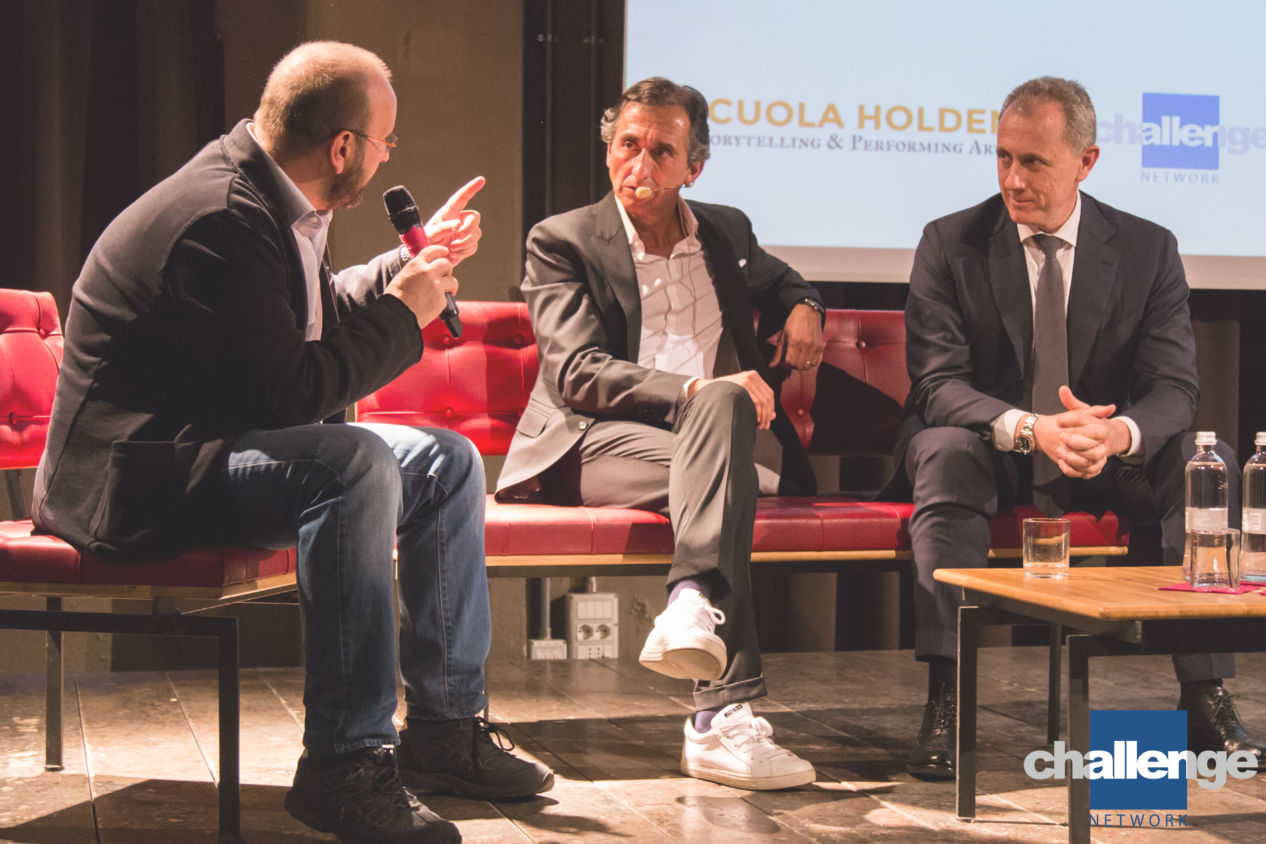✕



Interview with Mr. Roberto Santori, General Manager of Challenge Network, a company specialising in corporate training and management consulting, in Italy and abroad.

In your opinion what are the main drivers of innovation for companies?
Behind every business progression there is an entrepreneurial philosophy that sees innovation as the driver for the future, an opportunity for business development and new opportunities, where the real driver of change lies in the people and their ability to challenge themselves.
How important is it to invest in corporate training and what tools can small and medium enterprises access to finance this training?
Investing in training means educating people who will experience Revolution 4.0 as a digital renaissance - it means “drawing horizons” where others see limits. It also means changing the way we conceive work, interpreting company needs to find appropriate solutions to new requirements. The importance of training is confirmed by the various support and funding policies implemented at European, national and even regional level, which can be accessed by companies of all sizes and offer dedicated opportunities.
Corporate training is supported by national funding and indirect European structural funding under the ESF, which allow regions to make announcements for this purpose, as well as other sources of indirect funding.
There are other financing measures too, dedicated to supporting digitisation, internationalisation and growth in corporate competitiveness in general. These measures enable companies to schedule training and have the costs reimbursed, as it is becoming essential to target the development of human capital to support the changes. One important sign, for example, is the extension of tax credits to include training.
The range of opportunities is very broad, so we have always helped companies to identify the instrument that is most appropriate for their situation, through scouting and technical support for access to finance.

You support companies in change management when they are facing evolution and transition. What strategies do you adopt and what are the main sources of resistance and common difficulties you find?
We support companies through the phases of change, helping managers to make their employees the active protagonists of the change. We use internal communication projects that explain and share the choices and focus on the direction, with training on the corporate culture and acquisition of new skills (digital skills and soft skills), increasingly from a “lifelong learning” perspective. Making people understand that change can only be an extraordinary opportunity for growth reduces anxiety and fear of new things, and facilitates the transition to new approaches, new models, new professional skills, and progress.
You also support companies through the processes of internationalisation. Based on your experience, what are the most common issues you encounter?
Opening up to new markets requires a radical change in corporate culture. To successfully face the international markets without getting lost among millions of competitors, you have to be strong and recognisable. Corporate storytelling, for example, requires research and awareness, and is an essential instrument for companies that choose to "talk” about themselves and their corporate values in the global markets.
Internationalisation is not just export. What routes can companies follow towards internationalisation when considering, for example, how to attract foreign investment? Also relevant in view of Dubai 2020, which will see the creativity and expertise of Made in Italy as protagonist, networking is important. Relationships are linked to speed today. We need to create service platforms, networks and shared development plans to help medium-sized companies to continue growing, attract foreign investment funds, make agreements with financing partners and international partners, generate profit and promote the “Italy” brand worldwide.
Based on your experience as trainers, what skills do Italian SMEs usually need to improve? The process of digitisation of Italian SMEs has already started, but to create a competitive advantage in the current market, we must push and accelerate the digitisation process involving the company as a whole, starting with staff training. The complexity of the context naturally involves complex problems that have to be resolved not with specialised skills, but with interdisciplinary and transversal skills. This means
that companies must focus increasingly on soft skills such as creativity, problem solving, independent thinking and team work.

Would you tell your Inspiring Story?